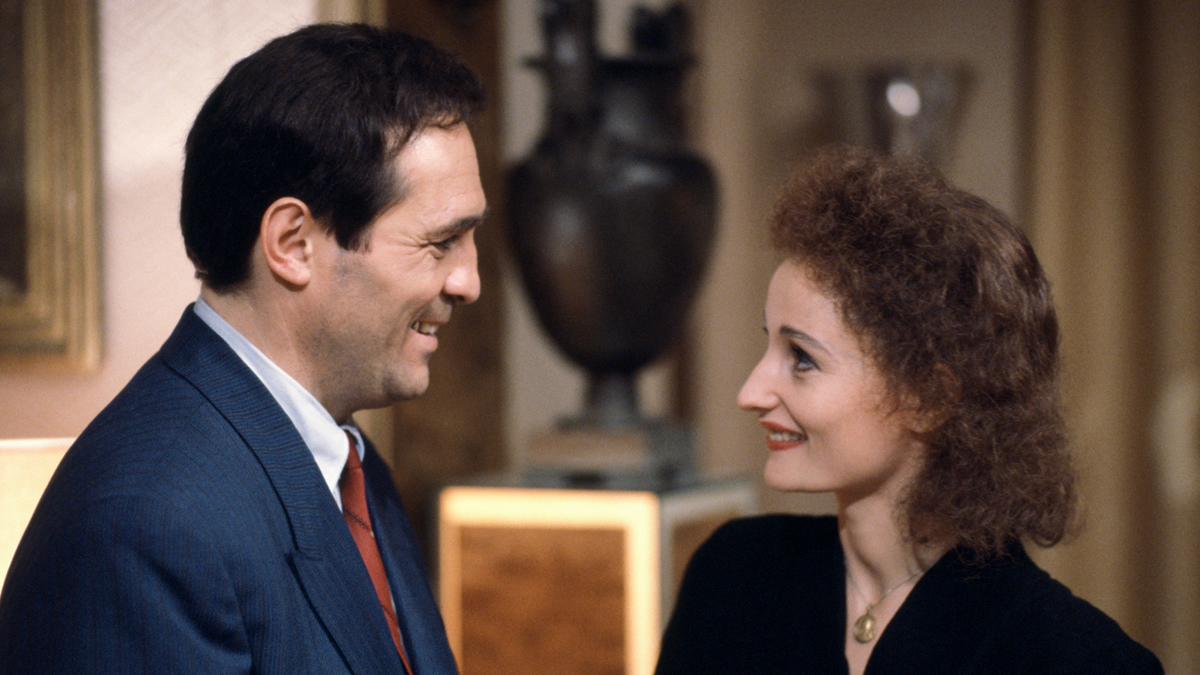It is all relative
In 1974 Louis Malle made «Lacombe Luciene» - a film
about a young man who becomes a collaborator because of the chain of events. The
Second World War was always a painful page of the French history. No doubt, that
the film was panned by the French political class as a whole. In 1976 Claude
Lelouche made «Le Bon et les Méchants». The film starts with an epigraph: «No
one is all good or all bad; there are only good-spirited or mean-spirited».
The film starts in the mid-1930s. Car repairman and
lousy boxer Jacques and his friend Simone have decided to become robbers. When
Jacques encounters prostitute Lola, their business starts to take off. The gang
is chased by an ardent policeman Bruno Deschamps. Until the Second World War, things
go on as usual. After the Occupation, they all end up in Vichy: Bruno is
appointed to the French Gestapo; Jacques and the gang as escapees from the
Occupied territory…
In the above-mentioned «Lacombe Luciene» the French
society is depicted as indifferent and collaborationist. «Le Bon et les
Méchants» shows the work of the French Gestapo and also pokes the French
society. This ridicule is especially visible in two scenes: the children are
learning the German numbers and there is a Petain’s portrait. After the
Liberation, the children are learning the English numbers and there is a de
Gaulle’s portrait.
«Le Bon et les Méchants» also depicts another
interesting historic moment – the division of the French underworld. As we know,
the French Gestapo was established after the Occupation. The French Gestapo
hired a lot of criminals. Somehow, the policemen and the criminals became
aligned with the occupying forces, which made them effectively traitors. On the
other hand, some criminals joined the Resistance and became heroes.
The Director draws a parallel between Jacques the
Criminal and Bruno the Policeman. In the pre-war part of the film they are
depicted according to the stereotypes. Jacques is shown as a reckless
adventurer; Bruno as a archetypical fearless guardian. Their weddings are
depicted with accordance with their characters: Bruno’s wedding is extremely
formal; Jacques and Lola’s is underground and mocking.
After the Occupation, the characters continue for a
while to follow their stereotypes: Bruno join the French Gestapo, Jacques
starts to work with collaborationist criminals. Nevertheless, the war shows
their true face. When Jacques finds out that the Germans took 50 hostages as a
reprisal for the robbery; he immediately returns the stolen goods to the
Gestapo. On the other hand, in order to prove his loyalty to the Gestapo, Bruno
is willing to murder his wife. Ironically, the both heroes would meet the same
final and it won’t be the guillotine or the firing squad.

«Le Bon et les Méchants» shares another similarity
with «Lacombe Luciene». Both films examine the role of chance in life, even in
the war. This is illustrated in a history of Jacques. When he returns the
stolen goods, we see his human side. Jacques joined the Resistance not because
of the patriotism, but because he seeks vengeance for the torture of his wife.
Ironically, he is unable to find the exact man, who tortured his wife.
«Le Bon et les Méchants» is not the most known film of
Claude Lelouche. I watched it because of the presence of Jacques Dutronc.
Despite that, the watching was a rather pleasant surprise. The film accurately portrays
the epoch and I would like to commend its original color.
«Le Bon et les Méchants» should be watched along with «Lacombe
Luciene» and «Un héros très discret».




